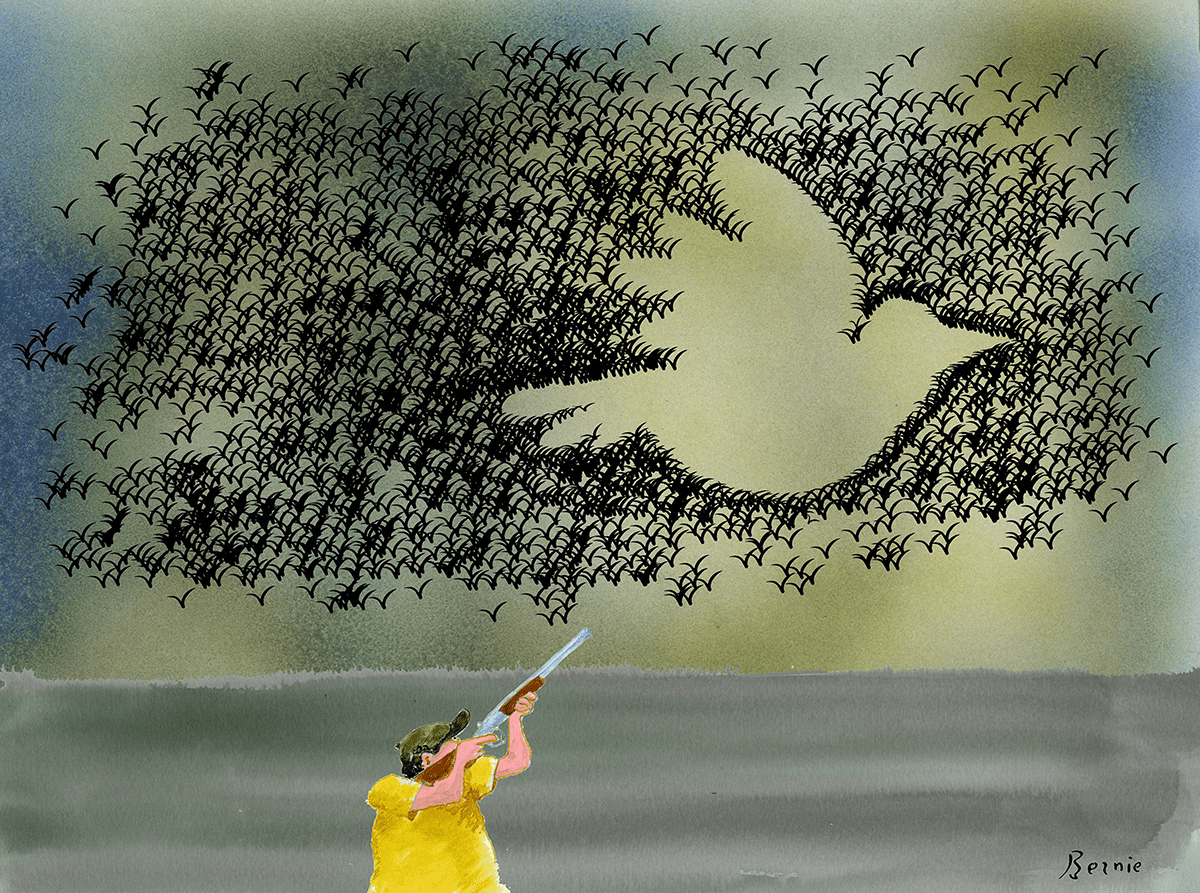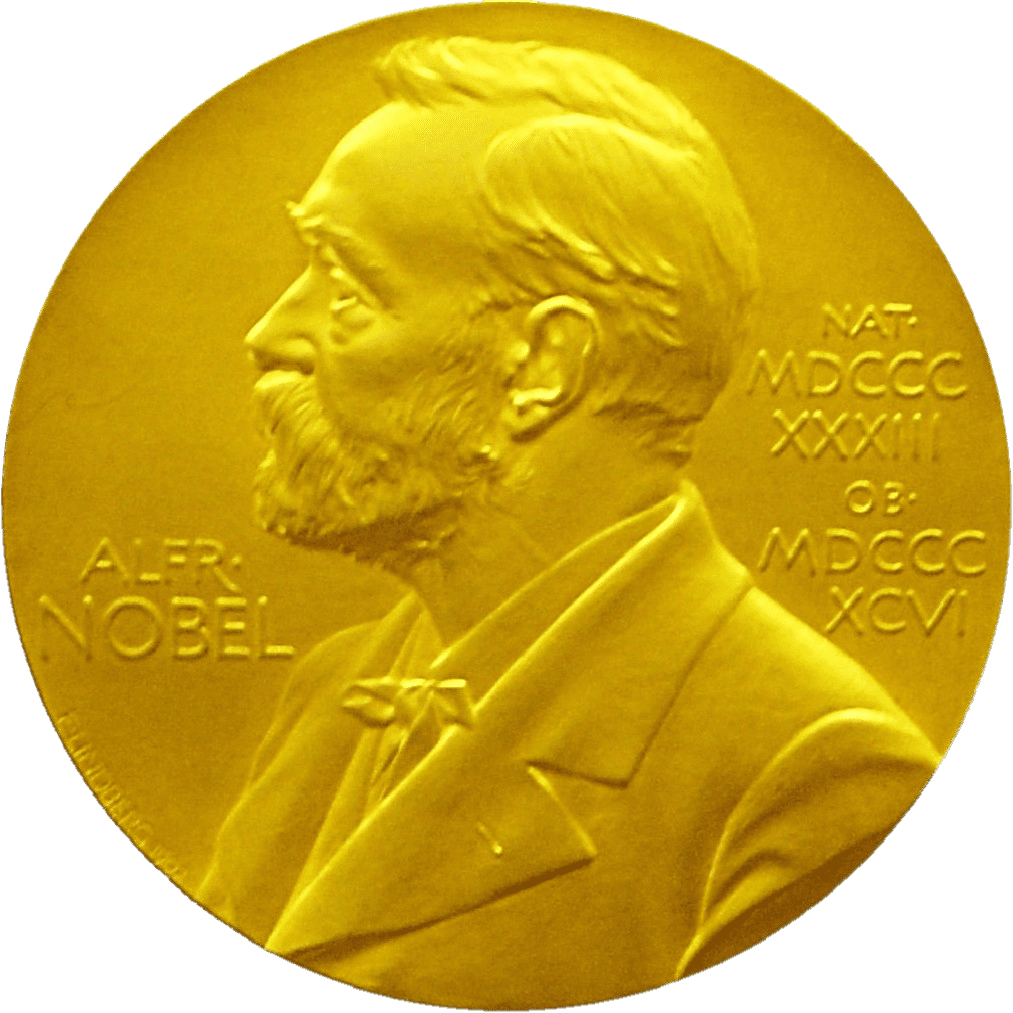Dive into our new podcast, Disrupting Peace, where we challenge conventional wisdom and explore bold new perspectives. Hosted by myself, Bridget Conley, the first season kicks off on September 24 and will be available wherever you listen to podcasts, including on our website for a seamless online experience. Tune in each week for six weeks of exciting episodes, and catch a glimpse of what’s to come with our available trailer. Don’t miss out—subscribe on Apple Podcasts, Spotify, and more, and share your thoughts with us!
Disrupting Peace explores why peace hasn’t worked, and how it still could. In each episode, I speak with a researcher specializing in one obstacle to peace, and an activist who is changing systems from the ground up. Together they explore what worked, what didn’t, and why we shouldn’t give up.
I’ve spent my career trying to understand conflict – specifically mass atrocities, the violence of the carceral system, and mass starvation – and how we could end it. In the 1990s, when I was a college student, there was an incredible air of optimism. Scholars, policymakers and activists honestly believed we had solved world peace. The Cold War had ended, and democracy had won. All we needed to do was silence guns of war, prosecute those who committed atrocities, oversee multi-party elections, privatize economies, and the world would be at peace. Needless to say, this simple formula has been proven woefully inept.
The optimism once associated with peacemaking and peacebuilding has markedly diminished. Many of my colleagues and friends in the field are experiencing significant frustration or even profound disillusionment. For example, 2023 saw the highest number of conflicts since 1946, coupled with a notable decline in the commitment to peacemaking from nations that had previously championed it. The potential for consensus at the UN Security Council, which seemed promising in the 1990s, has faded. Instead, major global powers are increasingly engaged in or supporting conflicts rather than leading peace efforts.
Disrupting Peace explores what went wrong, what was learned, what new issues have arisen, and how we can regain momentum for a more peaceful future. And, while the issues are serious, we are not. The podcast aims to engage with experts as people – individuals who have deep knowledge and experience, but who also can laugh at themselves. In so doing, we hopefully make the conversations more accessible and enjoyable, in order to engage a broad public in key issues related to the past, present and future of peacebuilding.
Season One includes six episodes.
We begin with the demise of the era of peacebuilding, with Sam Moyn (Yale Law School) and Mamello (Open Secrets). We scrutinize the era of peacebuilding and gain insights from someone who was born into a country, South Africa, as it underwent a “transition” and who is now an anti-corruption activist.
Episode Two addresses strategies for controlling weapons, both nuclear and conventional, with Bill Hartung (Quincy Institute) and Ray Acheson (Reaching Critical Will, Women’s International League for Peace and Freedom). How did peace activists’ strategies differ between the approach taken in advocating for the Treaty on the Prohibition of Nuclear Weapons versus the Arms Trade Treaty (that governs conventional weaponry)? What can we learn from the differences?
Episode Three addresses a new threat: how artificial intelligence (AI) and autonomous weapons are being used today, specifically in places like Ukraine and Gaza. I speak with Laura Bruun (SIPRI) and Sai Bourothu (Stop Killer Robots) about how these tools are being used, why taking humans out of the loop raises concern, and efforts to bring them under control.
In Episode Four, I speak with Gustavo Garcia-Lopez (University of Coimbra, Portugal) and Tatiana Garavito Ibañez (Tipping Pint UK) about connections between conflict prevention and climate change. Exploring the ideas and practices around climate justice, we see how social justice and environmentalism need each other. They provide rich examples of how communities on the front lines of climate change are often also working to deepen democratic practices.
The next episode is drawn from a conversation with Kentel Weaver, who is formerly incarcerated and is now a restorative justice practitioner, and Catherine Besteman, a scholar-activist who teaches at Colby College. Together, we explore what the US abolitionist movement has to do with peacebuilding. We provide examples of efforts today that are changing the policies of mass incarceration.
Finally, Season One ends with a discussion between Jason De León, an anthropologist from UCLA who has been working on the US southern border for decades, and Felipe Sousa-Lazaballet – who came to the US from Brazil as a child, and who now helps other immigrants advocate for themselves. We talk about the upcoming US presidential election and what we can expect to change depending on which candidate is elected, what will likely stay the same, and what we need to think about differently.
In each episode, I engage our guests in collective dreaming, an exercise in envisioning the future we seek and detailing what we need to do today in order to get there.
Disrupting Peace is for people who are skeptical – those who are not satisfied with mainstream policy debates – but who still haven’t lost hope. Please listen, subscribe, and let us know what you think of the podcast.



